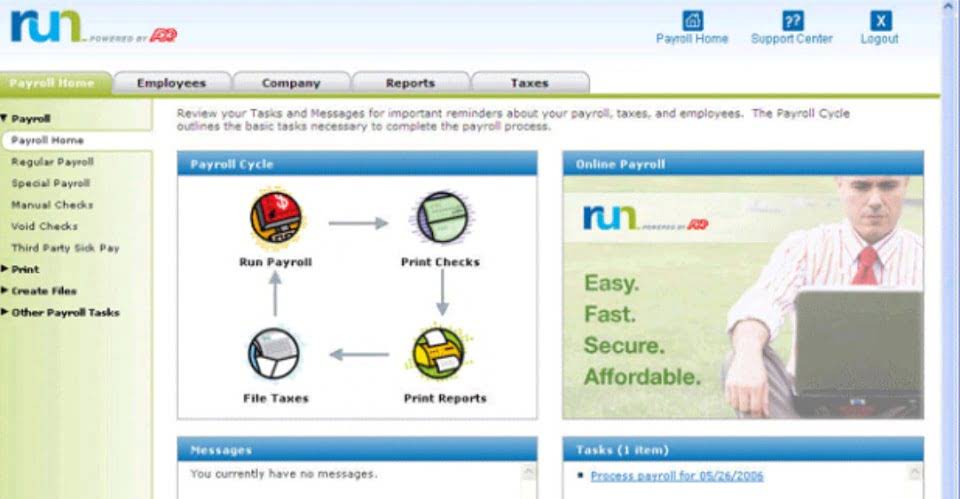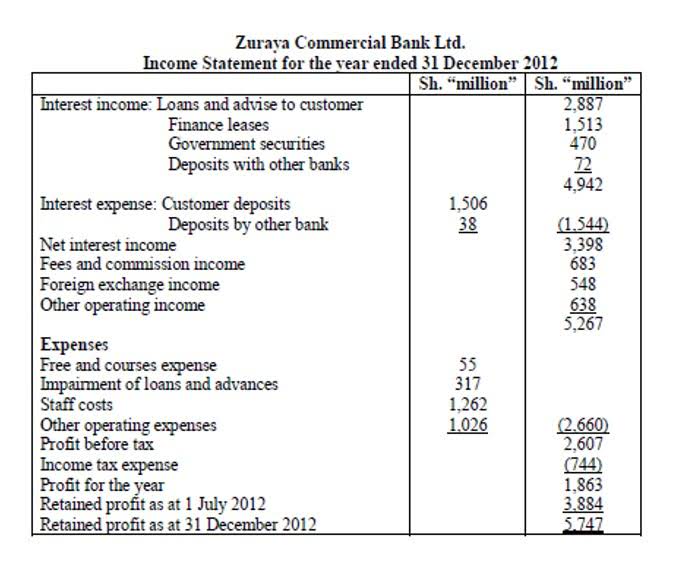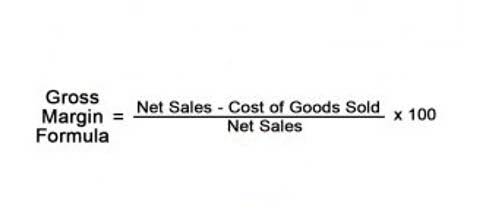
The Matching Principle further refines this precision by ensuring that expenses are matched to revenues in the fiscal period in which they both occur, providing a clear view of profitability. Additionally, the Cost Principle prescribes that assets and services should be recorded at their original cost, offering clarity and stability in financial analysis. As an online cloud-based accounting software, QuickBooks Online was made specifically for non-accountants (unlike the clunkier QuickBooks Desktop, which was made for accountants). Plus, if you spend more time traveling to on-site jobs and less time sitting in front of a computer, QuickBooks Online includes a fantastic mobile accounting app.
Handle accounts receivable and payable

Your business’s books are balanced when all of the debits equal (or cancel out) all of the credits. Although it’s more complicated, it can prevent bookkeeping errors. And since it takes equity, assets and liabilities — on top of expenses and income — into account, it typically gives you a more accurate financial snapshot of your business. Single-entry accounting records all of your transactions once, either as an expense or as income. This method is straightforward and suitable for smaller businesses that don’t have significant inventory or equipment involved in their finances. It doesn’t track the value of your business’s assets and liabilities as well as double-entry accounting does, though.
Cash Versus Accrual

By now you should have a pretty good idea of the ins and outs of small-business bookkeeping. Canada is home to plenty of experienced, knowledgeable accountants and bookkeepers who can assist you in developing a system for financial record keeping. One good place to start your search for a bookkeeper is through Quickbooks. A ProAdvisor can assist you with small-business bookkeeping and installing or learning how to use cloud accounting software.
Best for Inventory Tracking
You ordered the parts in January, and the manufacturer sent you an invoice that same month. However, you don’t actually pay the fee until you’ve received the parts, in February. If you’re months or years behind, you might want to get a bookkeeper to do some catch-up bookkeeping for you (Bench can help with that). The more information (and supporting documents) you can small business bookkeeping give your CPA at tax time, the more deductions you’ll be able to legitimately claim, and the bigger your tax return will be. Whether you do the bookkeeping yourself or hire someone to do it, certain elements are fundamental to properly maintaining the books. Some of these elements are done more regularly than others to ensure that the books are always up to date.
- To do so, you must factor in the historical cost of certain items.
- The guide looks at the benefits and disadvantages of running your own bookkeeping business, how to find customers, and how to price yourself correctly.
- Follow the steps in this guide, and you’ll be able to build a strong financial foundation.
- Generally speaking, accrual accounting is better for larger, more established businesses.
- This type of accounting is beneficial for small businesses and startups as it allows for easier tracking of expenses and income.
- The major reports to include are the profit and loss, the balance sheet, and a cash flow analysis.
- When you account for deferred expenses, your bookkeeping will reflect the month you actually enjoy the benefit of the expense rather than the month in which you paid it.
- 250+ small-business products reviewed and rated by our team of experts.
- A platform like FreshBooks, specifically designed for small business owners, can be transformational.
- Generally speaking, your transactions fall into five account types—assets, liabilities, equity, revenue, and expenses.
You communicate with a dedicated bookkeeper through one-way video chat (they can’t see you) or email. This individual and their team work with you on customizing your setup and monitoring your transactions so they’re accurately entered and categorized for tax purposes. They reconcile your accounts and close your books at month’s end to prevent errors. Plus, they’re available for questions during regular business hours. Finally, they generate the reports you need so you’re ready to prepare your taxes or hand them off to your accountant.
- An accounting policies and procedures manual isn’t just a passive document for perusal; it’s an active tool that shapes financial reality.
- Make sure to consult with a CPA before settling on the method you’ll use.
- But you need the receipts for expense categorization, documentation for deduction support, and more.
- But whether you plan to do bookkeeping yourself or outsource it to an accountant, it pays to understand the basics of bookkeeping.
- Budget your business for the future to avoid unnecessary stress and surprises.
Some are better for sole proprietors, freelancers, and companies with only one or two employees. Below are the eight best small business accounting software applications, with explanations about what makes https://www.bookstime.com/ them different. A ledger is a book or database where all financial transactions are recorded chronologically. It provides a record of all financial activities and is used to generate financial statements.
Accounts Receivable

- You can learn more about record retention periods in our guide to small business recordkeeping.
- You have to decide whether you want to spend the time upfront building your records or take time out when you’re in the middle of sales or purchase forms.
- Though often confused for each other, there are key differences between bookkeeping and accounting.
- To choose the right option for you, think about the present and future versions of your business — your accounting software should be able to support both.
- Local bookkeepers, in-house bookkeepers, and freelance bookkeepers, to name just a few.